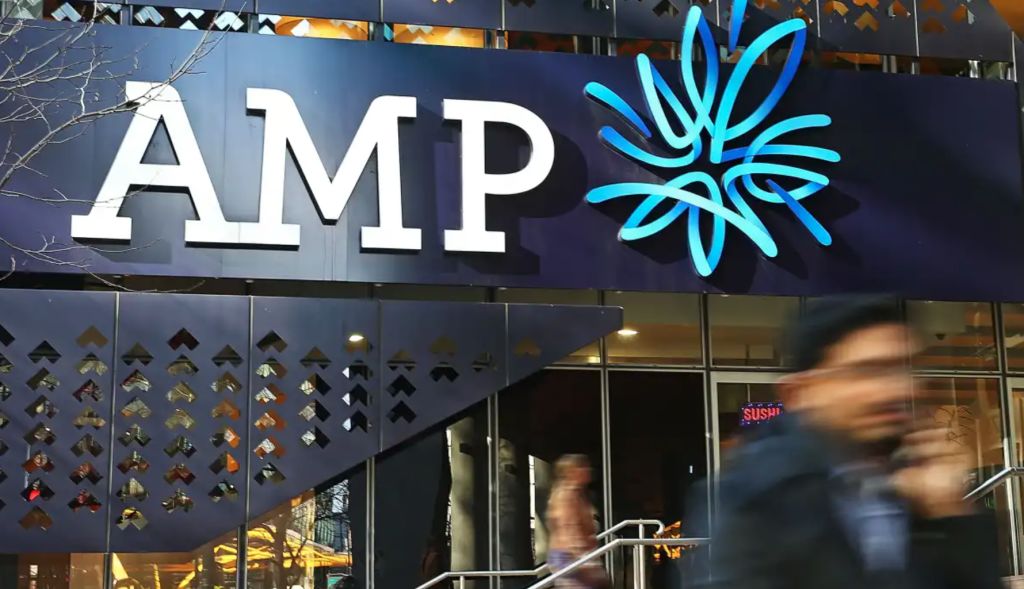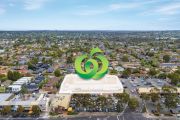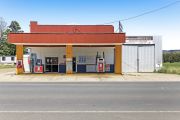
Dexus, Mirvac woo investors in AMP office fund
ASX-listed fund managers Dexus and Mirvac are sharpening their pitches and stepping up engagement with investors in AMP Capital’s $7.5 billion office fund in the countdown to a vote in mid-July that will decide its future.
Dexus has moved in a bid to counter the momentum gained by Mirvac when investors this month requisitioned a meeting to vote on replacing management of the AMP Capital Wholesale Office Fund (AWOF) with Mirvac itself.
The fund – which holds stakes in office landmarks such as Quay Quarter in Sydney and Collins Place in Melbourne – is one of the trophies in AMP Capital’s $28 billion real estate and local infrastructure business, which Dexus is set to take control of through a deal it struck with AMP last month.
Dexus has laid out its credentials as a fund manager while flagging forthcoming initiatives to improve the fund in a letter issued to AWOF’s wholesale investors late last week, obtained by The Australian Financial Review.
“We respect that there is a desire amongst a number of investors for clarity in what has been an uncertain period and that a vote stands to provide a resolution to the ongoing uncertainty, whatever the outcome,” Dexus chief Darren Steinberg and AMP Capital’s global head of real estate Kylie O’Connor wrote.
“The removal of a manager is a decision that is generally not taken lightly by investors.
“We will be writing to you shortly to set out why we firmly believe that Dexus represents the best outcome for AWOF and unitholders, including providing additional information on fund enhancements and their implementation.”
Mirvac and GPT were shortlisted as candidates to take over running the office fund before an advisory committee last year ultimately recommended its management be retained by AMP Capital.
The decision last November proved controversial, prompting strongly-worded criticism from investors to AMP Capital in February and a quiet invitation for Mirvac to rework its proposal.
Mirvac has improved on its initial proposal on several fronts, including by obtaining an appropriate Australian Financial Services Licence to run the fund. As well, it has defused the risk of the fund losing control of some prize assets, by obtaining waivers on pre-emptive bidding rights being triggered if the management changes.
One focus of the contest will be on management fees, after AMP Capital slashed its rate from a 50-basis-point levy on assets to 25 basis points initially, rising back to 35 basis points subsequently. Mirvac’s proposed rate for the fund is 30 basis points.
Another pitch point to AWOF investors – which include TCorp, Telstra Super, VFMC and UniSuper among others – is the opportunity for their fund to invest in Mirvac’s development pipeline and balance sheet assets without competition from other funds in the Mirvac stable.
On its side, Dexus hopes it has countered that angle and others in a detailed 40-page outline to investors on its capabilities as an office fund manager, including how it handles potential conflicts during competition for leases and tenants, using separate teams and rotating priority.
“Whilst the rotation policy exists, it is rarely invoked, particularly in office sector opportunities, which tend to lend themselves to joint acquisition by several funds due to cheque size,” the document says.











